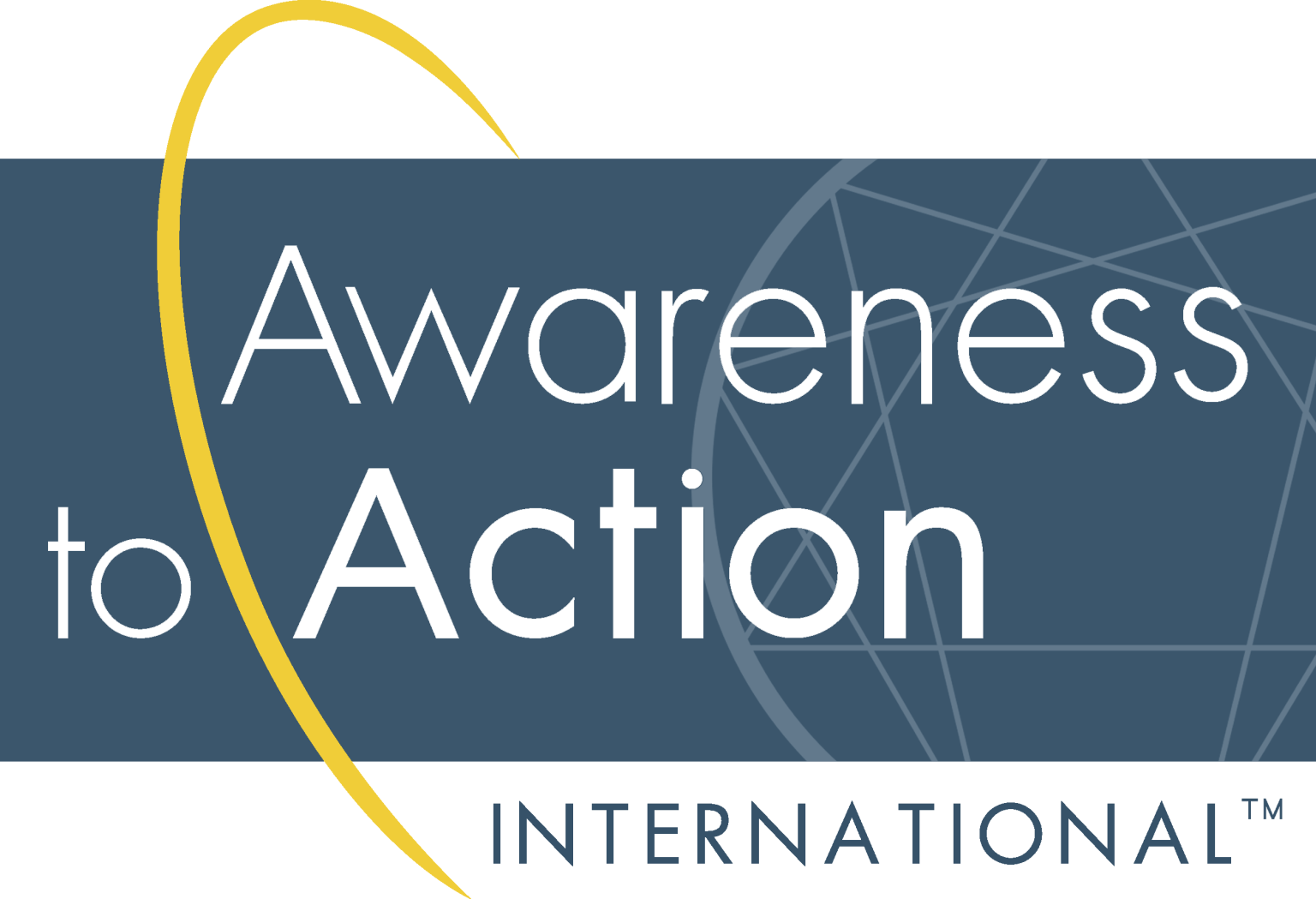I was recently asked about an approach to coaching Eights; particularly, how to help them access the “high side of Two.” I’ve coached quite a few Eights over the years and, as I am an Eight myself, I have a few thoughts on the topic. This blog is a slightly extended version of my response.
First, the typical exhortation to Eights that they simply have to “go to Two” and be more vulnerable, open, etc. will rarely work. The affective strategy with which Eights approach the world is “striving to be powerful,” and in order to help someone grow you have to work within their framework of values and help them expand it; you can’t expect them to reject values they have held dear their whole lives. When you tell an Eight to be more vulnerable they will simply think you are out of your mind. Instead, you have to help them find ways to be powerful in a broader and more adaptive way. If you can help them see that openness, empathy, and vulnerability (within certain contexts) can actually help them be more powerful, you can get pretty fast results. In short, you have to work from within their value structure in order to help them change their value structure. (The same idea applies to all the types, by the way.)
In order to help Eights make this transition, I focus on three concepts: mercy, grace, and magnanimity.
Mercy and grace are, in a sense, theological concepts and respectively correlate to the Old and New Testaments in Christianity. (I’m very careful about introducing talk of spirituality into a coaching engagement with a client so I don’t always put it in this framework if the client is not spiritually inclined. However, I find the background of the concepts to be interesting and useful in building context.)
The God of the Old Testament, though often vengeful, was able to show mercy at times and not punish those who deserved punishment. This is the first step for the Eight, to realize that he or she can be merciful and forego vengeance or punishing someone who may well deserve it. I tell my Eight client, “If someone does something that would normally bring out a punitive response from you, don’t respond. Let it go. See yourself as having committed an act of mercy.”
This can be challenging for Eights, it can make them fear that they will be taken advantage of if they let a slight go unanswered. I remind them that revenge is easy; they can always be strong and even the score if they need to in the future but their act of mercy will be noticed and appreciated by others. I also tell them that restraint is a sign of true strength.
While mercy is not delivering a punishment that is deserved, grace is the bestowal of a gift or kindness that is not deserved; an act of generosity from a place of abundance. The God of the New Testament sacrificed his son for undeserving sinners so they could have the gift of eternal life. After the Eight becomes comfortable with seeing him- or herself as merciful, they can practice being gracious—giving when they don’t really have to. The gift can be patience, empathy, empowerment, kindness, etc.. whatever is appropriate for the Eight’s circumstances. I encourage my Eight clients to give the give of a smile or a warm hello and to find ways to deliver small favors for people even if not asked. (I find that it is useful to work with the Eight to identify specific people or groups to practice being gracious to, rather than trying to be universally gracious; with practice it becomes an engrained habit and more-generalized behavior–they find themselves being nice by accident.)
After working on grace for a while, we work on being magnanimous. Magnanimity is an Aristotelian concept (it is the highest virtue, according to Aristotle) and is “greatness of mind; that elevation or dignity of soul, which encounters danger and trouble with tranquility and firmness, which raises the possessor above revenge, and makes him delight in acts of benevolence, which makes him disdain injustice and meanness, and prompts him to sacrifice personal ease, interest and safety for the accomplishment of useful and noble objects.” (http://en.wikipedia.org/wiki/Magnanimity)
This quality is appealing to Eights—it speaks to their desire to rise above their circumstances, to conquer challenges and live a life of artful nobility. A useful metaphor is of the warrior who matures into the king, understanding that the sword that is wielded with discernment to protect and serve is much more powerful than the sword impulsively drawn to hack down (real or imagined) enemies.
It is much easier to get an Eight to tap into the empathy and sensitivity associated with the “high side of Two” by having them do it from a position of strength and magnanimity than it is to tell the typical Eight to simply “be more vulnerable and open.” (This is especially true with male Eights.) What Eights eventually realize—by focusing on developing these qualities rooted in power rather than weakness—is that they are strong enough to be vulnerable, that vulnerability helps humanize them in the eyes of others, and that the connection this humanity engenders makes them even more powerful.






